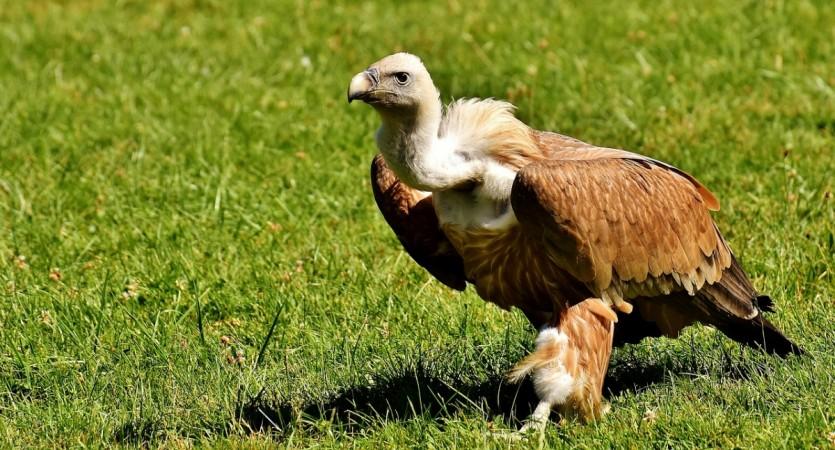
A vulture named Harold the griffon has left all the staffs at a bird sanctuary in Eynsford, Kent was "flabbergasted" by laying an egg after she was thought to be male for past 25 years.
Taking to Facebook, Eagle Heights Wildlife Foundation wrote: "20 years ago we bought HAROLD our MALE Griffon Vulture only to find this morning that he is actually a SHE and has laid her 1st ever egg!!! We will now be searching for a husband for her so watch this space..."
BBC reports that the vulture was identified as a male in the paper when the foundation got Harold.
Asked why the sex determination was not done before, the foundation's spokesperson further said on the respective post: "20 odd years ago when we got Harold he had paperwork telling us he was a male. So we took their word for it, as sexing a bird can be rather stressful, as you have to take blood or pull out a blood feather and get a DNA test done.
"Males and females look exactly the same, so unless you test DNA there is no way of telling, especially in vultures. Sometimes with eagles you can make a guess regarding their size as to whether they are male or female, but vultures are not that easy."
Jonathan Ames, director of the wildlife foundation in Eynesford, told the BBC: "It's crazy. We're going to do everything we can now to find her a male partner."
He also explained that the birds rarely lay eggs in captivity. Also, the particular vulture species, which is found in Asia and parts of the Mediterranean, is "on the brink of extinction". Hence, they are planning to find a male suitor for her.
Ames further added: "In the wild, they start to breed as soon as they reach maturity because their survival rate is so low, so they start as soon as possible in an attempt to increase population."
Meanwhile, Harold is nearly 25-year-old. She "is still a bit older, but up until recently, she has been tethered in our main mews which obviously is not suitable for nesting. Now she's been given a big aviary she clearly thought the time was right!" said the director.













